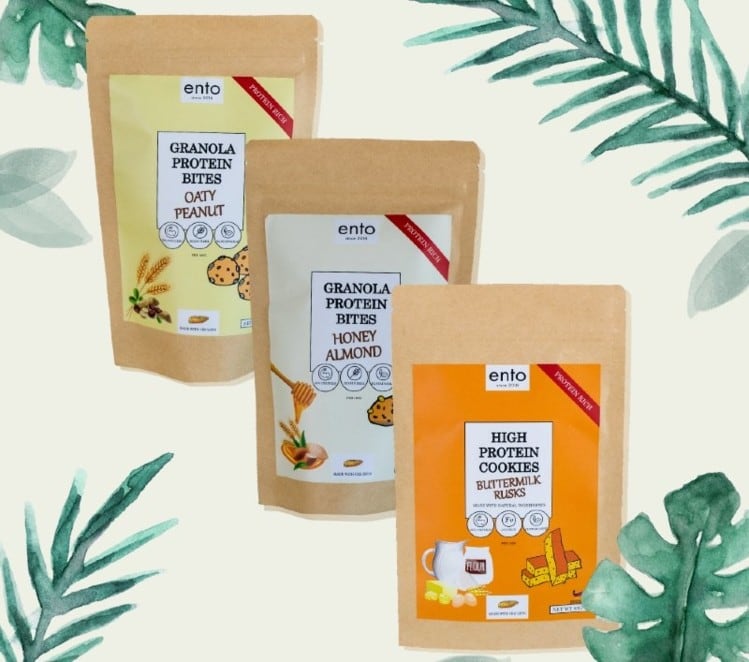One such business, Ento, founded in Kuala Lumpur by Kevin Wu sells a raft of products, including “artisanal” bugs, which are slowly roasted and sold whole as flavoured cricket snacks.
Wu was first attracted to the insect business after reading a United Nations report that proposed insect protein to feed the growing world population.
Now its food agency has confirmed the viability of insect protein and essentially called for production to be modernised to make it safer and sustainable.
In a major report released this month, the UN’s Food and Agriculture Office has taken a look at edible insects from the point of view of food safety. While painting a rosy picture of their increasing use as ingredients in the food industry, and their potential to influence sustainability, the agency still warns that "the benefits of this emerging food source must be weighed against all possible challenges”.
While stressing the pluses of the growing movement towards insect protein, the FAO urges caution over the their overall safety and the potential risks they harbour.
Edible insects still pose some key potential food safety hazards, including biological risks from bacteria, viruses, fungus and parasites; chemical menaces, including mycotoxins, pesticides, heavy metals and antimicrobials; and physical threats, the report said.
As a result, the UN agency recommends a thorough assessment of food safety hazards to help establish appropriate hygiene and manufacturing practices, which remain a challenge for the sector. It also calls for harmonised regulatory frameworks across borders to allow the widespread commercialisation of insects.
“I think that there are risks in each element of the farming and production process. However companies can take steps to mitigate any pathogens and toxins by controlling various elements of the process such as using controlled substrates and feed input,” said Wu in reaction to the FAO report.
“At Ento we standardise our materials and feed. In addition, we also send our finished products to lab test to analyse our final products for its nutritional contents and pathogens.”
Notwithstanding its caution, the FAO appears to be upbeat about the role insects can play in the food chain. Its new report said that edible insects can diversify diets, improve livelihoods, contribute to food and nutrition security and have a lower ecological footprint as compared to other sources of protein.
These potential benefits, combined with a heightened interest in exploring alternative sources of food that are both nutritious and environmentally sustainable, have been spurring commercial production of insects as food and animal feed.
According to the report, 2,111 species of insects are consumed in 140 countries. With the global population estimated to reach 9.7bn by 2050, concerns over finite agricultural resources have “propelled exploration into various food sources for humans and feed for animals that are nutritionally sound and can be obtained sustainably,” the FAO report said.
“Insects are fast emerging as a viable food and feed group with mass production gaining some popularity globally.”
Across South East Asia, where some cultures have been enjoying insects in their diets for thousands of years, the commercialisation of insect protein has been gathering speed.
As home to the best known connoisseurs of the cricket, Thailand has an estimated 20,000 cricket farms, although many of them do not conform to much beyond backyard standards. Nevertheless, some start-ups have been taking root there, such as The Cricket Lab, which produces tonnes of cricket flour each month.
Bugsolutely, which is run by an Italian and produces what is claimed to be the only pasta made from cricket flour, was one of Thailand’s early modern etymological movers.
Majority-Muslim Malaysia, where 60% of the population is not allowed to eat insects, has been a regional pace-setter for insects used in animal feed instead. But with Ento, it is now also emerging as a producer of edible insects for humans, with the start-up gaining a great deal of buzz from its hermetically sealed cricket farm in the suburbs of the Malaysian capital.
This will please the FAO, as it reflects on the need for more new blood to drive this ancient culinary art into the future.
“While still considered niche today, the sector is steadily expanding and is propelled by growing investments and interest, leading to the establishment of more insect farming and processing companies in various parts of the world,” its new report concluded.




